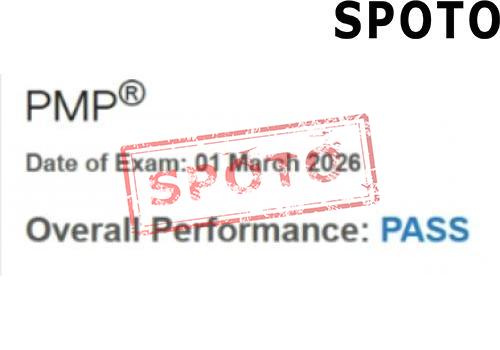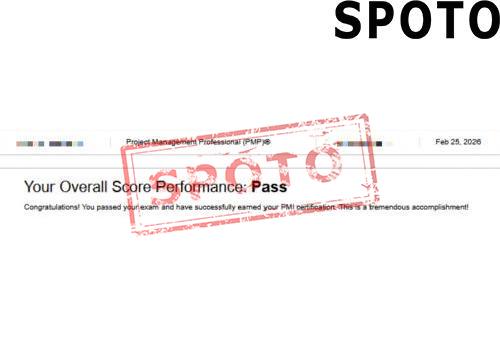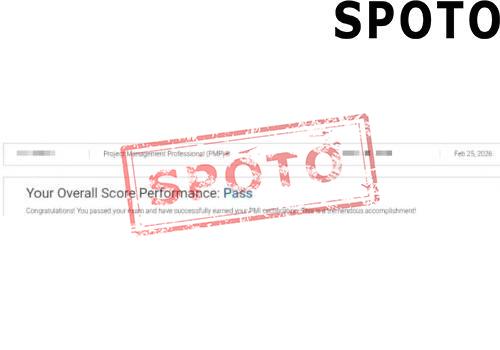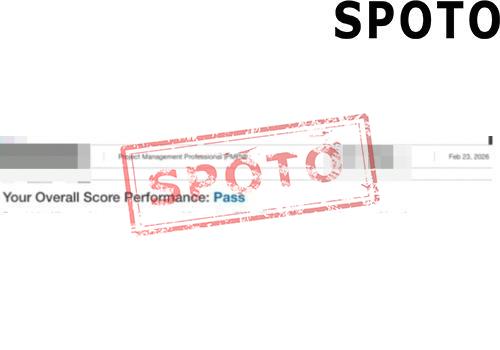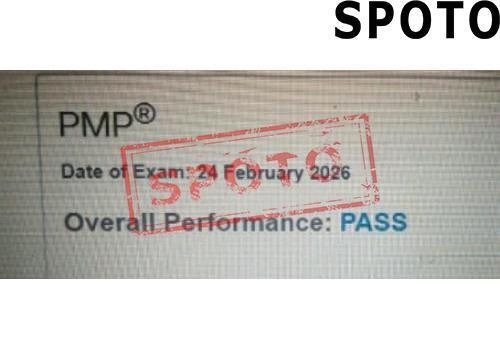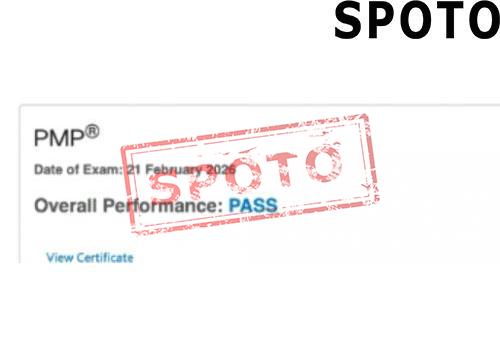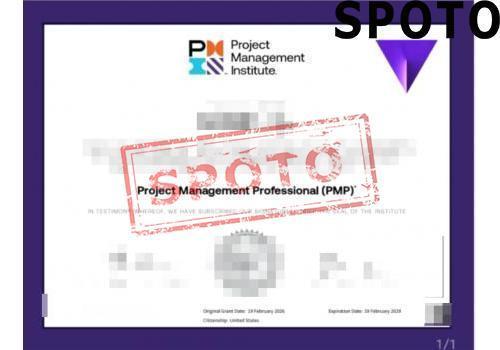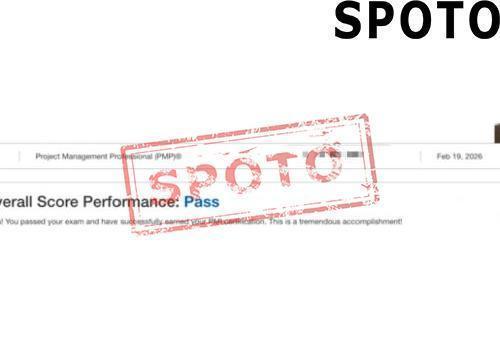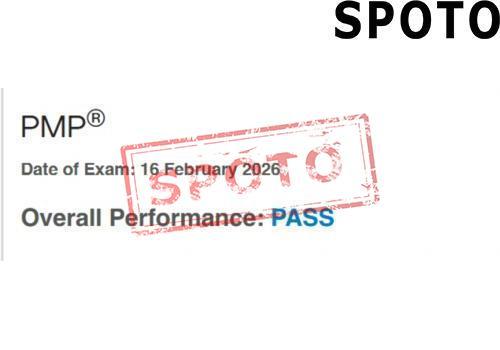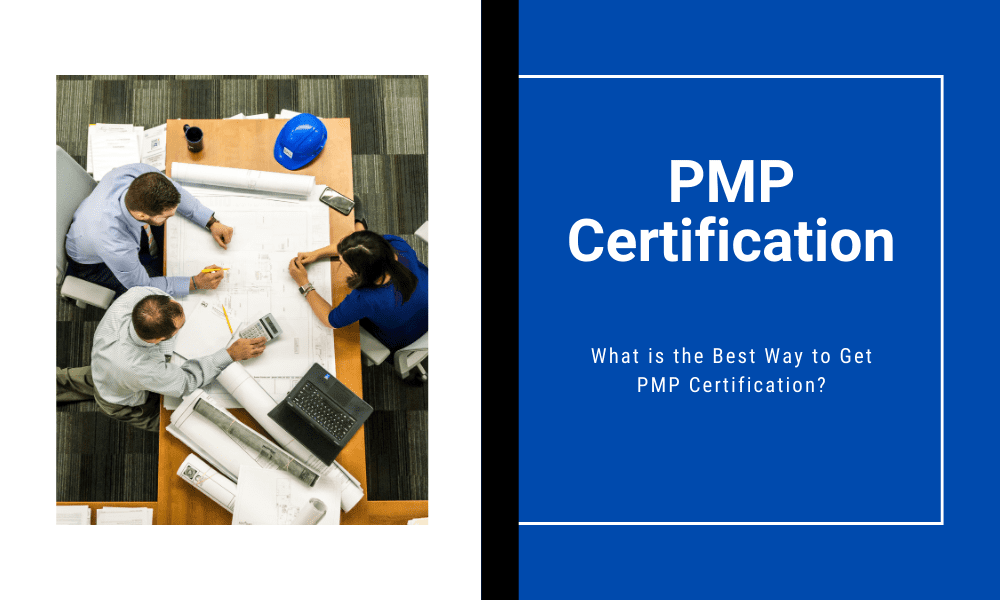
Table of Contents
Are you wondering how to get PMP certification fast without cutting corners? Whether you're an experienced project manager or just entering the field, the Project Management Professional (PMP) credential can elevate your career, boost your salary, and open doors across industries.
In this guide, we break down the fastest and best way to get PMP certified, including eligibility, training tips, exam prep, and pro strategies used by successful candidates in 2026.
What Does It Take to Get PMP Certification?
Before you start the process, let’s clarify the eligibility requirements to obtain PMP certification:
✅ Option 1: With a Four-Year Degree
-
36 months of project management experience
-
35 hours of formal project management education or a CAPM certification
✅ Option 2: Without a Four-Year Degree
-
60 months of experience
-
35 hours of project management education
Make sure your work experience is non-overlapping and aligns with the PMI’s definition of leading or directing projects.
How to Get PMP Certification Fast: Step-by-Step Process
Based on current 2026 trends and expert recommendations, here’s a streamlined strategy to get PMP certified quickly:
1. ✅ Confirm Eligibility and Create a PMI.org Account
-
Sign up at PMI.org
-
Gather your education and experience details before applying
2. ✅ Enroll in a 35-Hour PMP Training Course
Look for a PMI-authorized training provider offering accelerated learning formats. Online bootcamps are a popular choice for speed and flexibility.
Pro Tip: SPOTO offers intensive PMP bootcamps with real exam simulations and fast-tracked learning for busy professionals.
3. ✅ Submit the PMP Application
-
Fill in all sections correctly
-
Expect approval within 5 business days if no audit is triggered
4. ✅ Schedule and Pass the Exam
-
Book the PMP exam at a Pearson VUE test center or take it online
-
You’ll have 230 minutes to answer 180 questions covering Agile, Predictive, and Hybrid project management approaches
How to Study for the PMP Exam Efficiently
To get PMP certified fast, you need a smart study plan:
🧩 Use the Right Materials:
-
PMI’s Exam Content Outline
-
PMBOK® Guide (latest edition)
-
Agile Practice Guide
-
SPOTO’s real-question PMP exam simulator
🧠 Focus on These Areas:
-
People: Team leadership, conflict management
-
Process: Scope, time, cost, and risk management
-
Business: Strategy alignment and compliance
📅 Recommended Study Timeline:
-
4–6 weeks with 2–3 hours of study daily
-
1 week of full exam simulations and review
Best Tips to Pass the PMP Certification Fast
-
Take mock exams to simulate real testing pressure
-
Study in sprints using the Pomodoro technique
-
Join PMP study groups or online forums for motivation
-
Master situational questions—don’t just memorize terms
